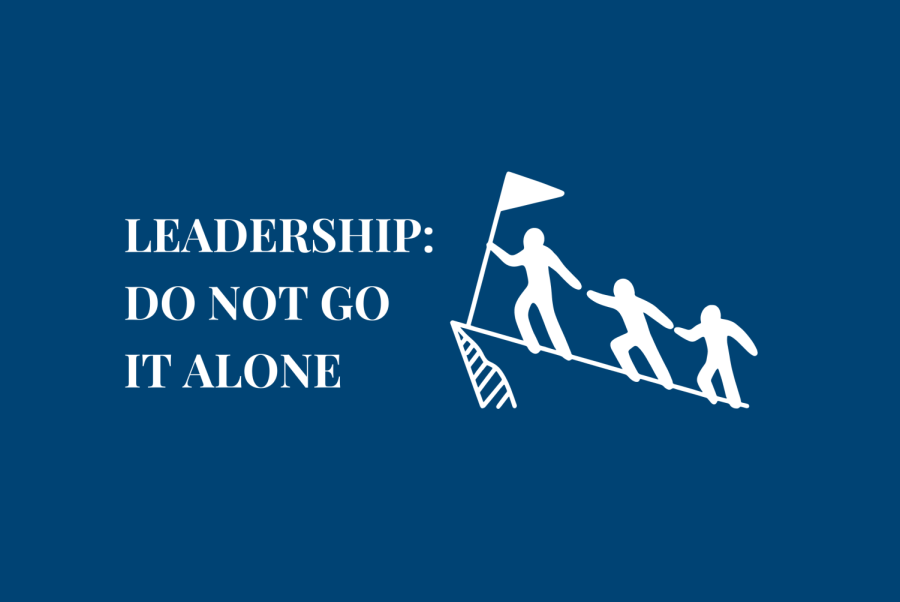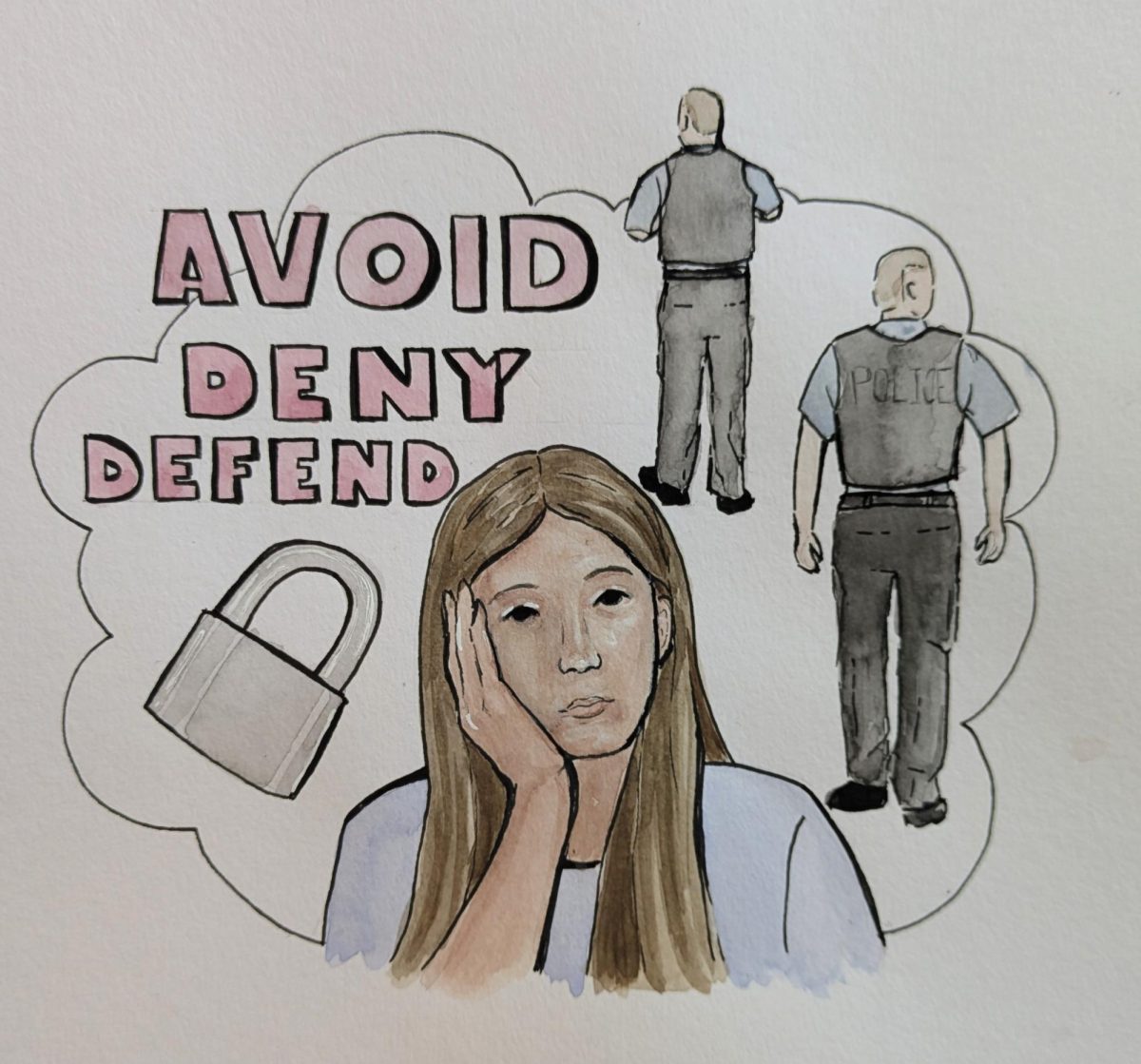Leadership: do not go it alone
May 22, 2023
This previously ran in our April 2023 print issue.
Once you’re named “President” or “Manager,” it’s easy to believe the road ahead is a lonely one, where the decisions you make must be yours alone, and you’re isolated from the people you serve, however, this is not true leadership.
From school to community activities, I’ve tried my hand at several different leadership positions. I took these roles with the belief that because I was in charge, I was responsible for everything: from the big picture stuff to every small, minute, meaningless task that comes up in every day operations.
I did everything because that is what I thought I had to do.
After four years of pushing my limits and making truly memorable experiences overworking and overwhelming myself, I learned significant lessons about leadership… and when to step back.
The first thing you are going to have to get over is the idea that you are not perfect and will make mistakes.
I know, shocker. Just because you are the president of an organization, does not mean you become a god and will make no mistakes.
Often, we think our leaders must have it all together and must have mastered every skill to get to where they are.
They must be dreamers, yet down-to-Earth; creative, yet logical; kind and compassionate, yet stoic; perfect, yet human. Above all else, they know everything. Somehow, when a decision needs to be made, they just instinctively know what to do all the time.
That’s an impossible standard.
If this is the bar we are holding ourselves to be considered a “good” leader, we are bound to fall short and fail. Who will want to step into a leading position if they believe they have to be superhuman to fill the shoes before them?
So no, you don’t need to be perfect. You just need to recognize your strengths and use your team members to fill in the gaps.
This brings me to my next point: you need to trust people.
Remember how I started with that you can’t go it alone? To do this, you’re going to have to let go of the reigns sometimes and delegate tasks by playing to people’s strengths.
Teams are filled with a plethora of talents. Large corporations have creative engineers to develop products, socially-adapt marketers to appeal to consumers, and math-skilled accountants to calculate.
No one would expect the boss of a company to develop, market, calculate, and manage every product and operation within a company; so why should we, high school students, expect that of ourselves?
The goal of the boss is to recognize the assets of the individuals within the company and assign them accordingly, constantly pushing their employees to be better and grow.
To focus on the bigger picture, you have to trust people will do what needs to be done. If they don’t live up to the expectations… well that’s a whole other set of problems.
Next, not everything that goes wrong is your fault.
It’s easy to blame every tiny problem on yourself and think, “Well, if I’m in charge, and something went wrong while I was in charge, it must be on me.” It isn’t.
Things will happen completely out of your control, and that’s okay. It’s not your fault.
Lastly, one of the biggest ideas I had to overcome was acknowledging not every decision had to be made on my own.
As a leader, people look to you for what to do, and that can be terrifying.
Honestly, most of the time, decisions will be made on your own.
However, the big ones, that impact everyone, don’t have to be. It is okay to ask for advice and receive differing opinions before coming to a final decision. It is okay not always to know the answer right away. Asking for input makes you no less of a strong leader than you were before.
I just went through all the ways you will not be alone in your leadership endeavors… so what is left for you to do?
Well, that’s the fun part. Once you’ve mastered how to delegate responsibilities to your team, you get to take a step back to evaluate the big picture.
A good leader understands how the actions of the group will ripple into the world. They watch as people develop, market, and calculate, and think:
“What is this all for?” “What is our mission,” and “How can we be better?” A good leader takes a look at the world and wonders how they can leave an impact on it.
Granted, when you are in high school, and just trying to put forth effort in an area you are passionate about, thinking about global impact is not necessarily within reach.
Nevertheless, you can still think outside what has been done before and maybe explore a thing or two.
If you approach leadership with the mindset that you must do everything to be successful, you will fall into isolation and burnout – neither of which is particularly fun at the ripe age of 17.
Delegate, trust, and inspire… and do not go it alone.












